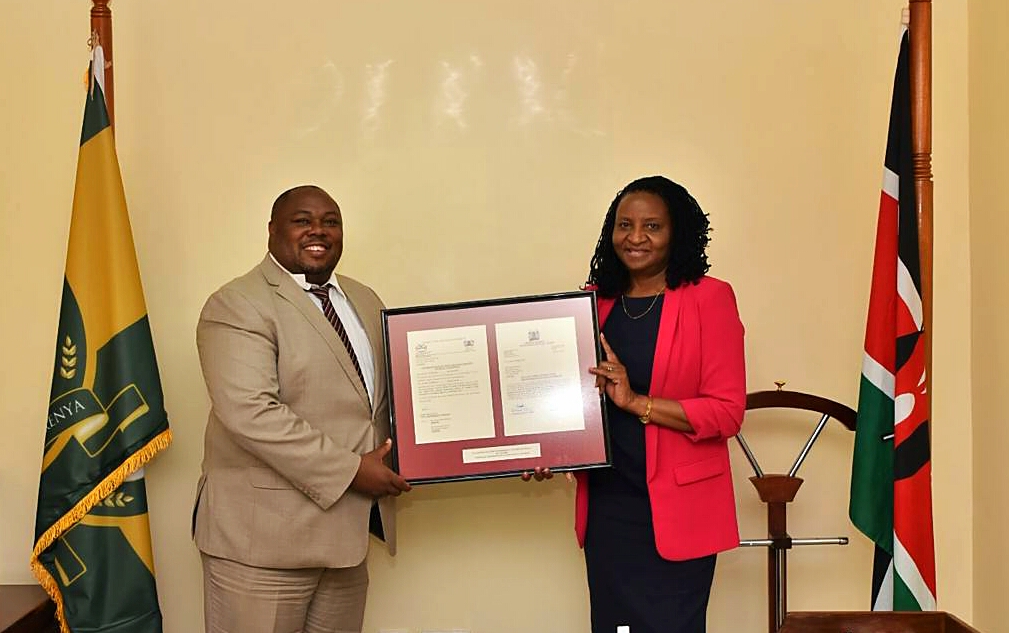
BY SAM ALFAN.
The judiciary can finally have financial independence after the government allocated Sh9 billion to the judiciary fund.
There has been a push and pull ever since the 2010 constitution, which created the fund, was promulgated.
The funds are for the 2022/2023 financial year.
The fund was among key priority areas for chief justice Martha Koome when she took office.
The judiciary Funds is finally been operation since the 2010 constitution.
It has been established and operationalised with the support of the Executive, Legislature, the Central Bank of Kenya and Controller of Budget.
“Operationalisation of the Judiciary Fund will aid in the planning and timely execution of operations and projects, and further eliminate previous challenges of delayed disbursements or budget cuts,” said the Judiciary.
Judiciary added that even though the budgetary allocation sought by the Judiciary had not yet been met, the Fund is a crucial step in securing the financial independence of the institution.
Article 173 of the Constitution (2010) provides for the establishment of a fund “to be known as the Judiciary Fund which shall be administered by the Chief Registrar of the Judiciary.”
“The Fund shall be used for administrative expenses of the Judiciary and such other purposes as may be necessary for the discharge of the functions of the Judiciary,” Article 173 (2) reads.
According to the Judiciary,the Constitution also requires Parliament to enact laws to regulate the Fund and under the framework outlined in Article 173, the Chief Registrar will be required in every financial year to prepare estimates of expenditure for the following year, and submit them to the National Assembly for approval.
“Upon approval by the National Assembly, the expenditure of the Judiciary shall be a charge on the Consolidated Fund and the funds shall be paid directly into the Judiciary Fund.”
In March , Chief Justice Martha Koome told Parliament that the Judiciary plans to hire additional 20 judges in the next three months to help deal with poll petitions expected after the August General Election.
The CJ added the Judiciary is grossly understaffed, with the CJ stressing the need to increase the current number of judges to at least 200 in order to serve the 50 million Kenyans appropriately.
The Judiciary is operating on a budget deficit of Sh21.9 billion, according to Justice Koome. The courts cannot clear cases backlog and deliver justice if they do not have enough resources to do so. National Treasury must provide these resources through proper funding.
Speaking during the Judiciary Performance Management and Measurement Understanding (PMMUs), CJ said Judiciary is committed under the social Transformation through Access to Justice Vision for the Judiciary.
“It is our duty to ensure that litigants are not kept waiting unnecessarily long for their matters to be determined. The wheels of justice must not only be seen to turn but should be made to turn quickly to the satisfaction of all parties,” CJ said.
According to the CJ, PMMU Evaluation Report shows impressive achievements in several measures of court excellence and the overall case clearance rate now stands at 83%, productivity for Judges is at 299 cases per Judge for the High Court and 581 for Magistrates while the ELC reduced backlog by 16% in the 2020/21 evaluation period.






